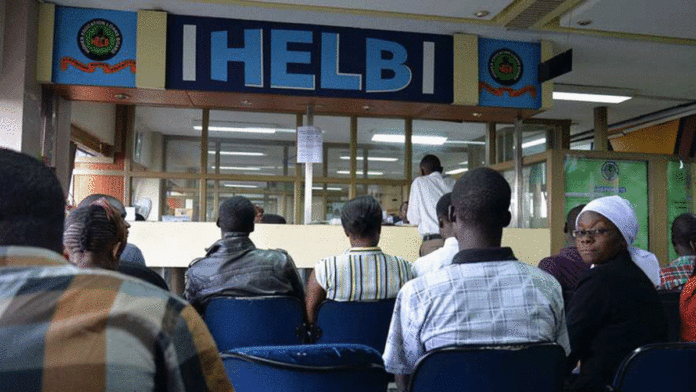The Higher Education Loans Board (Helb) is planning to borrow up to Sh. 22 billion to fund students’ laptops. The money will be borrowed through a social bond the loans board is planning to issue.
Helb also revealed that the National Treasury and the Capital Markets Authority has approved its plan for the social bond.
“Initially we estimated this to be Sh. 5.5 billion. However, looking at the application of these funds, which is to finance students to acquire laptop loans for purposes of e-learning … we estimate this now at Sh. 22 billion,” said Helb chief executive officer Charles Ringera.
According to Ringera, Helb will issue the bond with a tenor of seven years. The bond will target specific investors who include pension funds and social impact investors.
A special purpose vehicle will be formed to manage part of Helb’s loans and receivables, with the inflows to be used to repay the bond interest.
The bond comes as enrollment to universities hits an all time record. One hundred and forty-five thousand, one hundred and forty-five (145,145) students who sat the 2021 KCSE exam qualified for university placement. This means that 17.55 per cent of the learners who sat the 2021 KCSE exam have qualified for university placement.
“The current university enrollment is at 700,000. Only 20 percent of these students have laptops, leaving over 560,000 in need of laptops. At a price of Sh. 45,000 for a reasonable laptop, then you can now see the actual demand – but we could start this progressively by issuing these in tranche notes,” said Ringera.
How educated is KCB CEO Paul Russo? See his education and career profile
He added that the bond will be backed up by the agency’s current assets which are worth an estimated Sh. 110 billion.
The number of candidates with a minimum TVET Diploma courses qualification of grade C- (minus) and above in 2021 was 325,896 (39.27 per cent).








